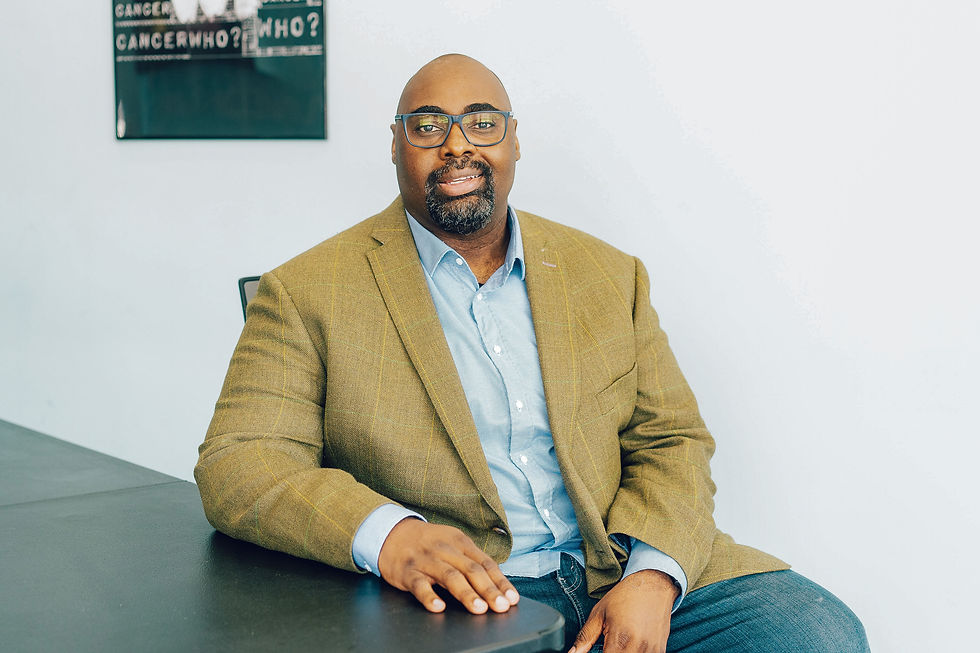What informs entrepreneurial thinking?
- Chris Lawson

- Jul 28, 2021
- 3 min read

On ATP Ep56, we interviewed Arjo Ghosh. Arjo was at the very start of internet marketing; his internet connection came from a cable that came through the window and was shared by a local anarchist in Covent Garden. He was making java-based immersive software with a Russian programmer he met in a sweetshop, until one day he realised everyone in the office was using Google, which had recently launched in 1998. He saw that Google was a game changer, and switched his business model overnight from a room of coders to a team of tech-marketing people.
Decisions like this, to many of us, seem the stuff of dreams- or, at least, of uplifting movies with a risk-taking protagonist told that they will never make it. However, the more we spoke with Arjo, the more we heard about his previous experiences and how they inform his thinking. We spent a lot of time dissecting the key themes in our Aftercast episode. ATP Ep 57.
Arjo’s father was Indian and a chartered accountant, and his mother a British hippie. Arjo was educated in what he describes as a “hippie” first school where there were gay marriage ceremonies and women’s rights marches, and then an inner-city school that was “economically deprived but culturally rich”. He was then one of the only people, at the time, from his school to advance to university. When he moved out of London, he settled in Brighton.
An eleven-year-old Arjo, styled in long, wild hair and sandals as he put it, once replied to a teacher asking him what he was going to work in when he was older that he wasn’t going to work for anyone, he would work from himself. Even though he admits he wasn’t quite sure what that meant at the time, he knew it meant a lot to him. When we look at this somewhat unconventional background that is rich in experience and diversity, it seems less shocking that Arjo would completely change his business overnight due to an intuition that this new search engine was going to change everything.
Is Arjo alone in this talent? It seems that many entrepreneurs have this sixth sense of when doing something risky and completely out of the box is the right thing to do- and often pays off in the long run.
But what informs their thinking? What kinds of experiences have they had that enable them to make these daring decisions before others can see what’s coming? How does their past inform their future? There's a great article from inc.com in the footnotes that looks at some of these stories.
Nicholas Berggruen was nicknamed ‘the homeless millionaire’ since he opted to live exclusively in hotels as he travelled the world, instead of buying himself a home. He did eventually buy a house in 2017, but for the majority of his adult life had nothing to anchor him anywhere.
David Daneshgar raised $30,000 by playing poker to launch his startup BloomNation.
John Paul DeJoria co-founded both Paul Mitchell hair products and Patron tequila, both associated with expensive taste and lavish lifestyle- but he was homeless twice in his life, the first time at 22 with a 2 year old son. But he persisted. And now he dedicates much of his time to providing resources to people dealing with homelessness.
Although all these individuals have different reasons for their actions, distinct lifestyles, different businesses, experiences and values, they all seem to share that spark in their attitude and approach to life and work- why can’t I do this? Why shouldn’t I? And then they do it. Maybe if we all asked ourselves this every time we have a wacky idea, we’d have more successful business and much freer lives- at the very least, a few good stories to tell!




Comments